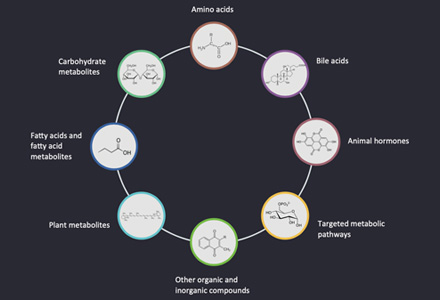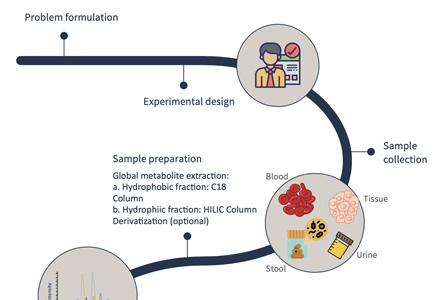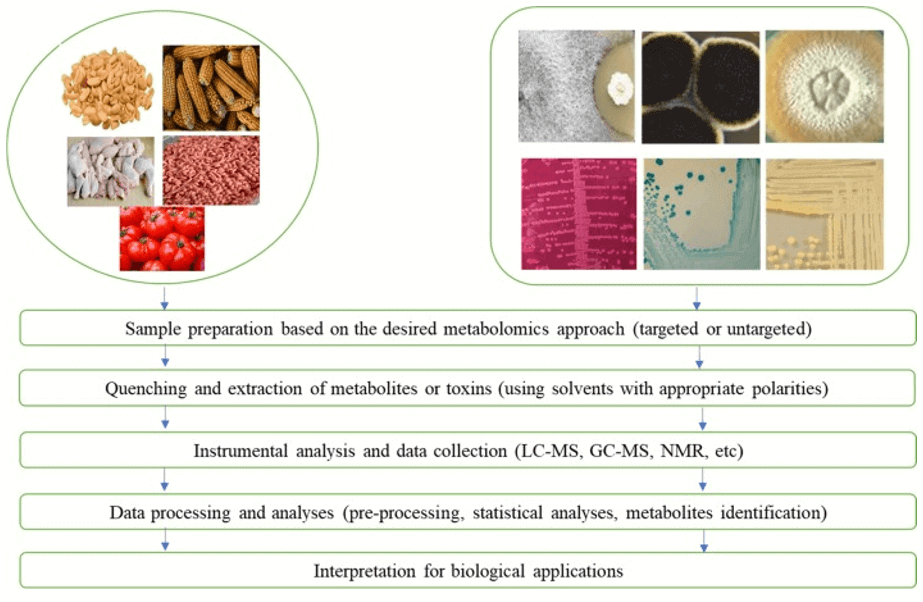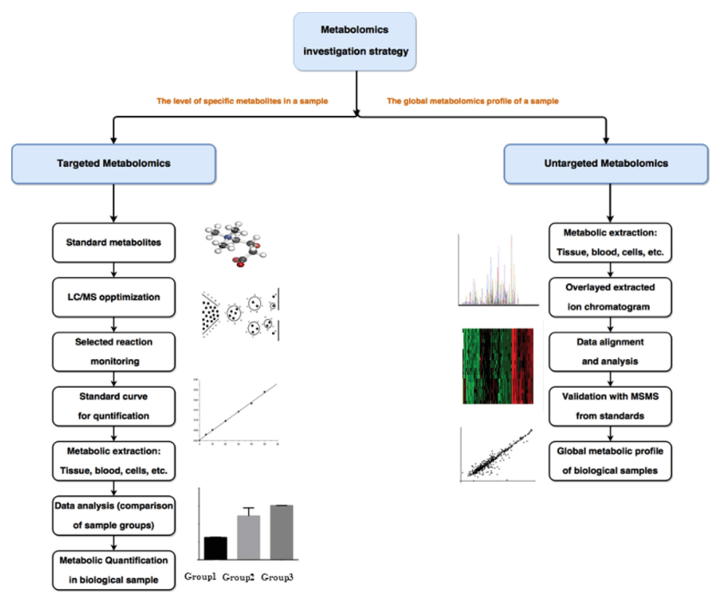Pentadecanoic Acid Analysis Service
Submit Your InquiryPentadecanoic acid is a 15-carbon, long-chain endogenous saturated fatty acid. It is a plant metabolite, food component, Daphnia magna metabolite, human serum metabolite and algae metabolite. Because of its indigestible properties, pentadecanoic acid is used as a marker of daily diet (milk, etc.) or as a marker of fatty acid metabolism. At the cellular level, pentadecanoic acid significantly promotes the glucose consumption of adipocytes and bone marrow cells via the AMPK pathway. It has also been reported that pentadecanoic acid can improve insulin sensitivity in normal subjects and has the potential to reduce the incidence of type 2 diabetes.
Creative Proteomics utilizes high performance liquid chromatography (HPLC) and liquid chromatography-mass spectrometry (LC-MS) techniques for the qualitative and quantitative determination of pentadecanoic acids to help uncover their potential functions and applications, and to provide data to support a comprehensive understanding of the functions and applications of saturated long-chain fatty acids. In addition, we also offer other fatty acid assays to meet your different needs.
Service Workflow
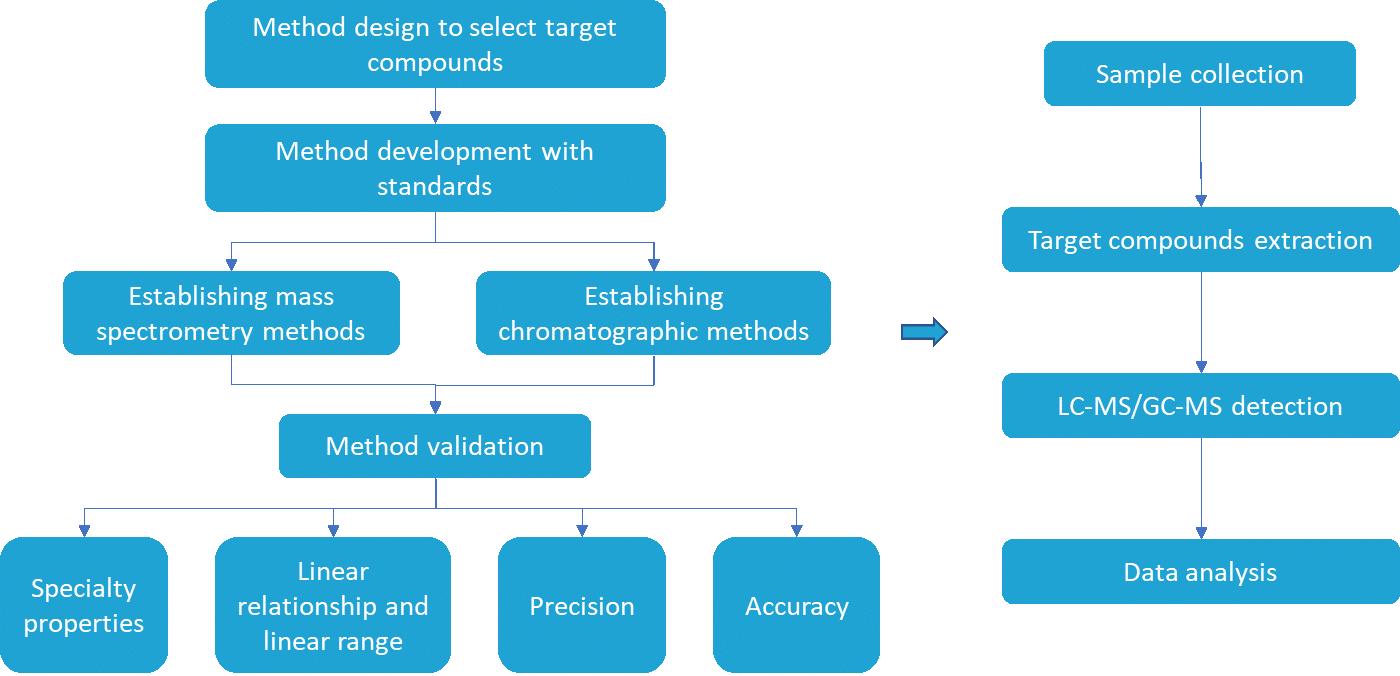
Sample Requirements
We analyze a wide range of biological materials and can also accept industrial samples.
- Serum / plasma: ≥ 100 ul/sample
- Animal tissue: ≥ 100 mg/sample
- Cell: ≥ 1×107
- Foods dry weight: ≥ 200 mg
- Others
Want to analyze other samples? Please contact our technical staff.
Deliverables
- Experimental protocols
- Instrument parameters
- MS raw data files and MS data quality checks
- Absolute quantitative data of pentadecanoic acids
- Bioinformatics analysis report
If you want to test other fatty acids or have other questions, please contact us and we will be happy to answer them for you. We look forward to working with you.


